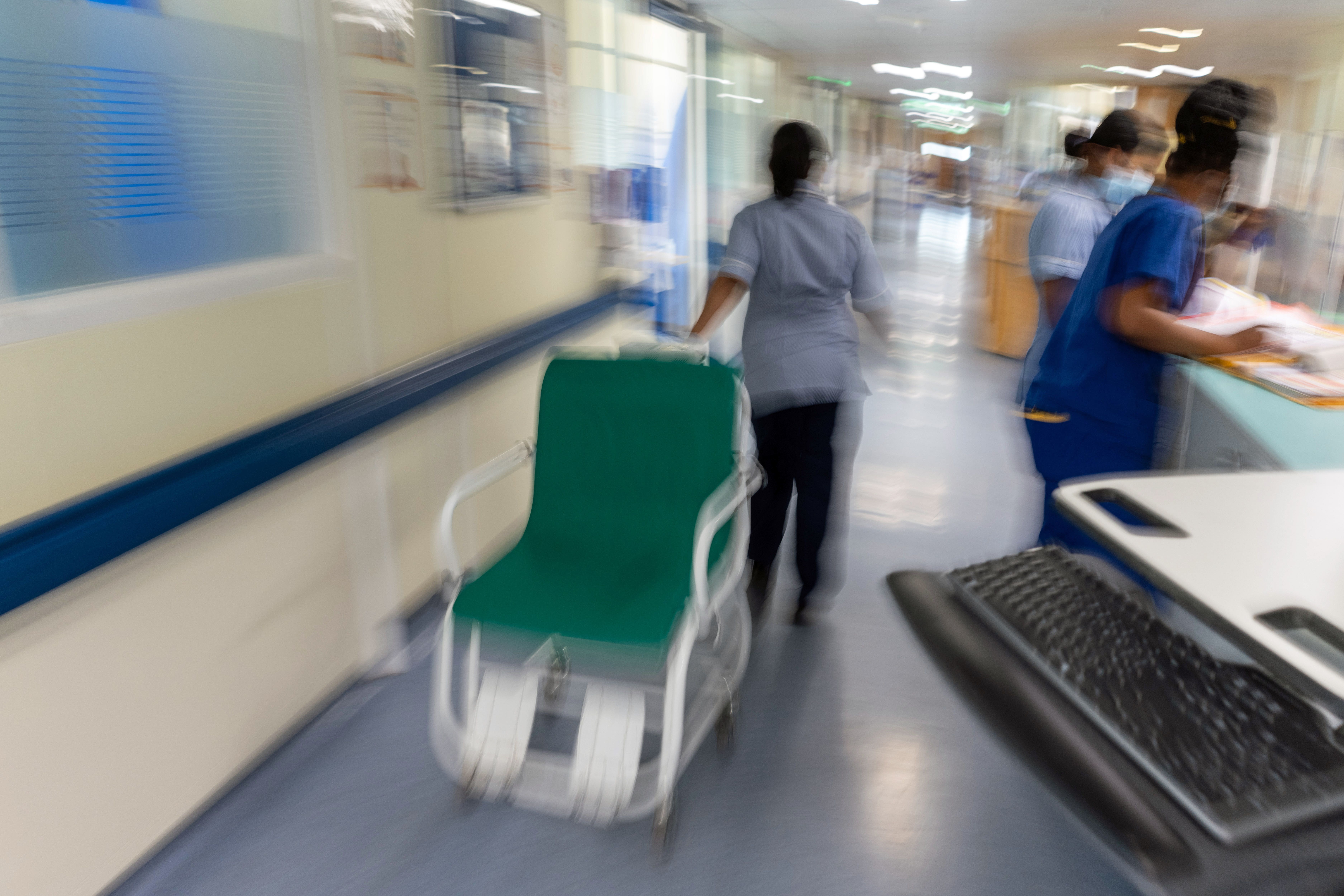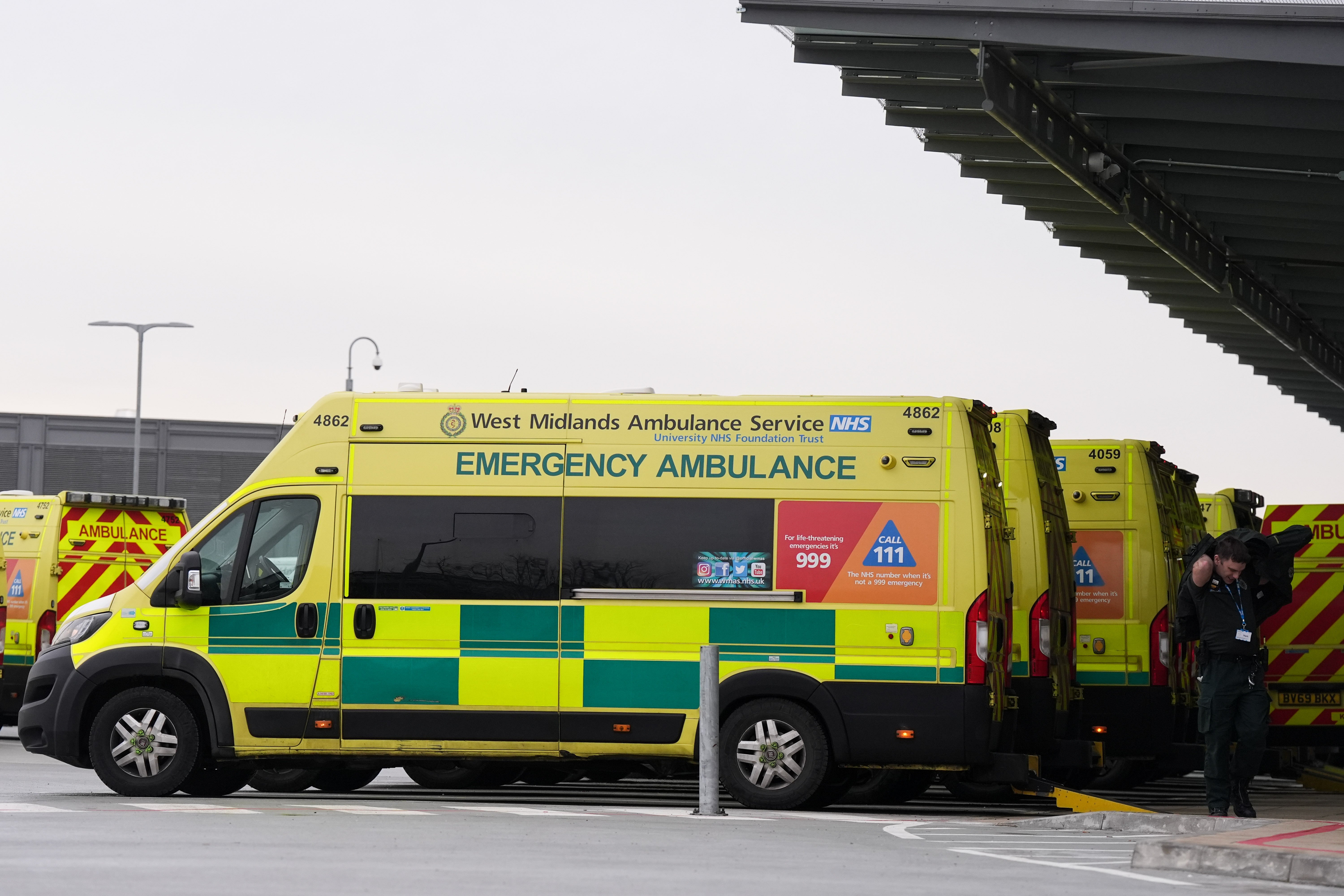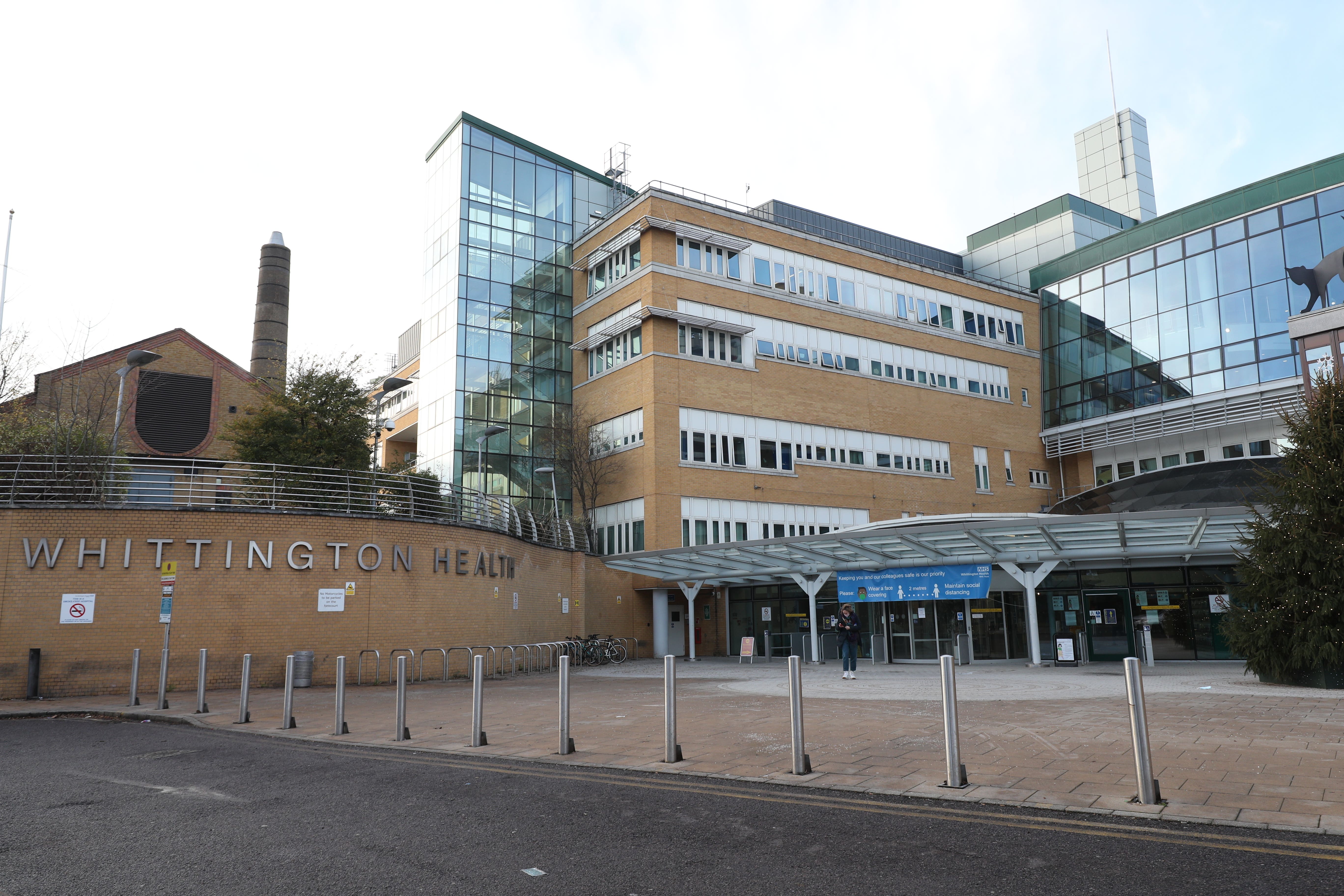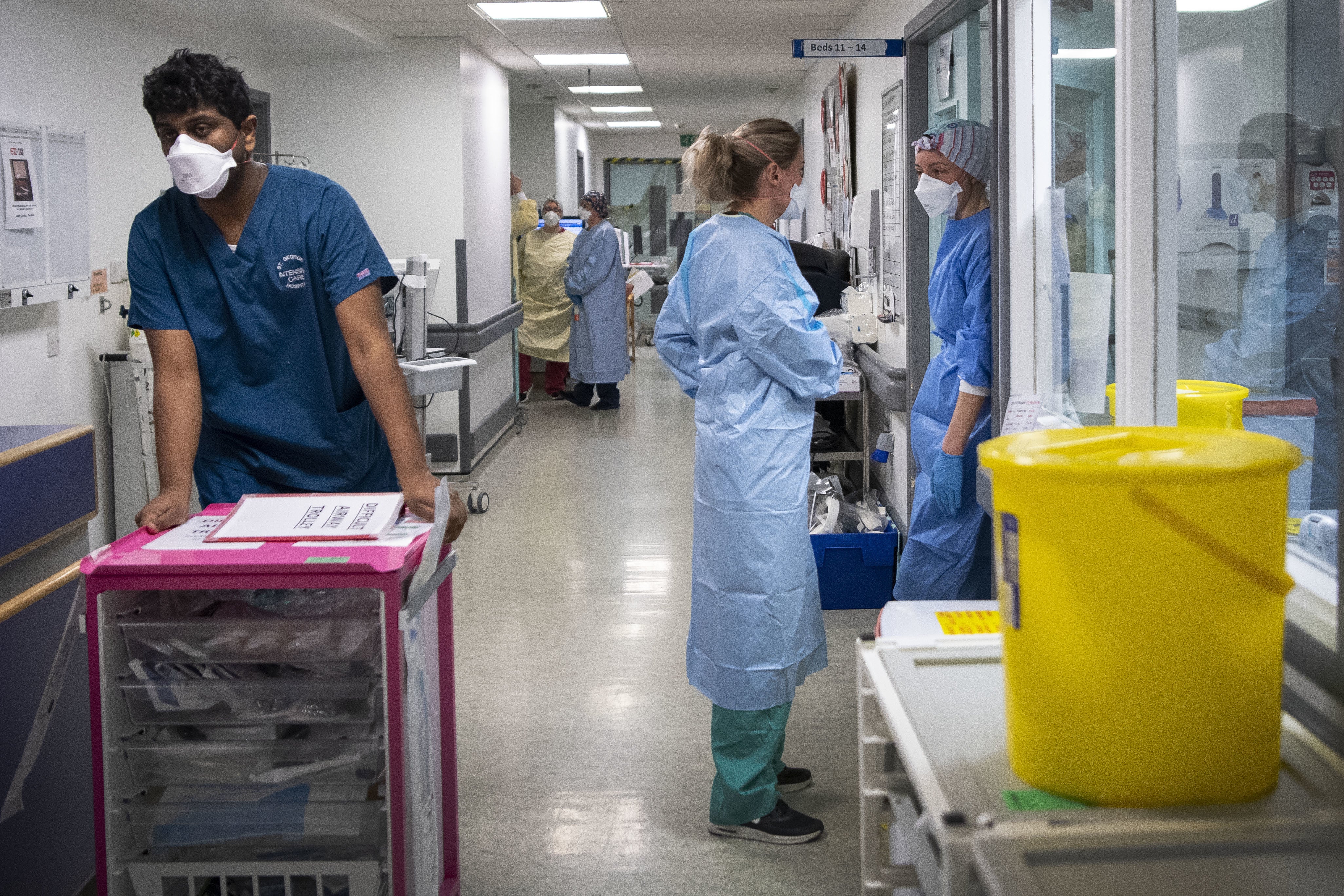Shock as hospital advertises for ‘corridor care’ shifts amid A&E pressure
Some hospitals have restricted visitor numbers

Your support helps us to tell the story
From reproductive rights to climate change to Big Tech, The Independent is on the ground when the story is developing. Whether it's investigating the financials of Elon Musk's pro-Trump PAC or producing our latest documentary, 'The A Word', which shines a light on the American women fighting for reproductive rights, we know how important it is to parse out the facts from the messaging.
At such a critical moment in US history, we need reporters on the ground. Your donation allows us to keep sending journalists to speak to both sides of the story.
The Independent is trusted by Americans across the entire political spectrum. And unlike many other quality news outlets, we choose not to lock Americans out of our reporting and analysis with paywalls. We believe quality journalism should be available to everyone, paid for by those who can afford it.
Your support makes all the difference.A hospital has posted adverts calling for nurses to take on 12-hour “corridor care” shifts in its A&E department.
Whittington Hospital in Archway, north London, posted bank shifts available for A&E nurses which said “corridor care” in the notes.
It comes as several NHS trusts declared critical incidents because of sustained pressure in A&E departments, with people being treated in corridors and a patient at one hospital forced to wait 50 hours to be admitted to a ward.
Some hospitals have restricted visitor numbers while others are encouraging people to wear surgical masks to limit the spread of viruses.
Whittington Health NHS Trust said it is experiencing “very significant pressure” in its urgent and emergency care.

“In these circumstances we may have to provide care in corridors, as an absolute last resort,” a trust spokesperson said.
“In common with other hospitals, where this is necessary we bring in additional staff on a temporary basis to ensure that care can be delivered as safely and compassionately as possible to patients.”
It comes after NHS England figures showed more than a third (35.4%) of ambulance patients at Whittington Hospital waited more than 30 minutes to be handed to A&E teams last week.
Ian Higginson, a consultant in emergency medicine and the vice president of the Royal College of Emergency Medicine, shared a screenshot of a “corridor RN” bank shift on X, formerly Twitter.
Mr Higginson wrote: “Corridor nurses and care in corridors utterly normalised (this is an advert for a corridor nurse but sadly it’s nothing new).”

He warned that the pressure on hospitals will continue.
“Don’t be fooled as critical incidents stood down: they’ll be back,” he said.
“Almost every hospital is treating patients in corridors and car parks.”
Dr Adrian Boyle, president of the Royal College of Emergency Medicine, said corridor care is “degrading, dehumanising and dangerous”.
“Let me be clear, it is not possible to provide truly safe patient care in environments such as corridors and cupboards,” he said.
“So-called ‘corridor care’ occurs when Emergency Departments are overcrowded. This crowding leads to extended A&E stays that we know contribute to avoidable deaths – a concept the Prime Minister has said should be ‘always chilling’.
“This weekend we have joined with the Royal College of Nursing – and other leading medical organisations and charities – in writing to the Health Secretary asking him to compel NHSE to routinely publish data about how often, and how many, patients are being treated in these inappropriate areas so the true scale of the issue, and the risk it poses, can be captured.
“We and our members cannot and will not accept as normal a situation which puts our patients at risk.”

In recent days, hospitals in Northamptonshire, Cornwall, Liverpool, Hampshire, Birmingham, Plymouth and the Wirral have declared critical incidents.
South Warwickshire University NHS Foundation Trust declared a critical incident on Wednesday, with a statement on its website saying attendances at Warwick Hospital’s emergency department in the last week “have been consistently some of the highest” ever experienced.
The NHS in Gloucestershire also declared a critical incident and on Sunday its live A&E tracker on the Gloucestershire Hospitals NHS Foundation Trust’s website warned patients that the average time spent in the emergency department at Gloucestershire Royal Hospital is six hours.
“We have worked with partners across the health and care system to request mutual aid at times of worst pressures, to alleviate the impact and ensure patients get care as quickly and safely as possible this winter,” the Whittington Health spokesperson added.
“We apologise to any patient whose care has not met our usual high standards due to the exceptional level of demand and are grateful to all of our hardworking staff for their commitment during this period of extraordinary pressure.”
An NHS England spokesperson said: “The NHS is facing unprecedented demand for services but we remain clear that caring for patients in temporary spaces is not acceptable and should never be considered as standard.
“A&E capacity and patient flow through hospitals have however both been severely impacted by record levels of demand this winter, such as the increase in flu admissions and the thousands of beds being taken up by patients ready for discharge.
“NHS staff continue to provide the safest possible care for patients, including an expansion of same day emergency care and more care in the community.”